Introduction
Smart glass technology has revolutionised the way we design and interact with interior spaces. This cutting-edge innovation has opened doors to creative possibilities that were previously unimaginable. In this blog, we’ll delve into the fascinating world of incorporating smart glass in interior projects, exploring its benefits, applications, installation process, challenges, and future trends.
Benefits of Smart Glass in Interior Design
Smart glass, also known as switchable glass or privacy glass, offers a myriad of advantages that make it an exciting addition to interior design. Firstly, it enhances natural lighting by allowing ample sunlight to enter while reducing glare and heat. This contributes to a more inviting and energy-efficient atmosphere. Moreover, smart glass enables privacy control at the touch of a button, transforming transparent surfaces into opaque ones, making it perfect for conference rooms or residential spaces where privacy is paramount.
In terms of aesthetics, smart glass adds a touch of modernity to interiors. Its ability to transition between clear and opaque states creates an element of surprise, making it a fantastic focal point. It also facilitates flexible space utilisation by creating temporary partitions that can be customised as per the needs of the moment.
Applications of Smart Glass
The versatility of smart glass finds application in various settings. In residential spaces, it can be used for windows, doors, and even room dividers. Imagine waking up to a seamless transition from an opaque bedroom window to a clear view of the outside world. In commercial spaces, smart glass finds its place in conference rooms where presentations require privacy, as well as in storefronts that can switch between transparent and translucent modes to engage passers-by.
The hospitality industry also benefits greatly from smart glass. Hotels and restaurants can create dynamic and interactive dining experiences by adjusting the transparency of glass partitions or even entire walls. This innovation adds a layer of sophistication to guest experiences.
Factors to Consider When Using Smart Glass
While the advantages are clear, there are several factors to consider when incorporating smart glass into an interior project. The initial cost can be higher than traditional glass, which requires budgetary planning. Maintenance and durability are also crucial. Fortunately, smart glass is designed to be durable, but proper cleaning and care are essential to ensure longevity.
Integration with automation and control systems is another factor. Collaborating with professionals who specialise in smart technology installations ensures seamless integration with existing systems and optimal performance.
Installation and Maintenance
Installing smart glass requires expertise to ensure correct placement and functionality such as those at Tecdur. Professionals will ensure that wiring and control mechanisms are properly integrated. Maintenance involves simple cleaning routines using non-abrasive materials to avoid damaging the glass surface. Regular maintenance checks can identify and address any technical issues early on.
Tecdur is the leading manufacturer of smart glass for the UK and Ireland, our engineers are more than capable of installing and maintaining smart glass for your interior project.
Addressing Common Concerns
One common concern is security and privacy. Smart glass can be engineered to provide privacy on demand while maintaining the structural integrity of the space. As for energy consumption, smart glass can be programmed to respond to external conditions, optimising energy usage.
Future Trends in Smart Glass
The future holds exciting prospects for smart glass. Advancements in technology will likely lead to even more sophisticated designs and functionalities. With the rise of the Internet of Things (IoT), smart glass could seamlessly integrate with other devices, allowing users to control transparency through voice commands or smartphone apps.
Challenges and Limitations
It’s important to acknowledge that the initial investment in smart glass can be higher compared to traditional options. However, the long-term benefits, including energy savings and improved aesthetics, can outweigh this initial cost. Compatibility with existing interior elements should also be considered during the planning phase.
Sustainability and Environmental Impact
Smart glass contributes to sustainability by reducing the need for artificial lighting and heating, consequently lowering energy consumption. Additionally, manufacturers are exploring eco-friendly production methods, aligning with the growing demand for environmentally conscious products.
Comparative Analysis with Traditional Glass
When comparing smart glass to traditional glass, the advantages become clear. Smart glass offers privacy control, energy efficiency, and dynamic aesthetics that traditional glass cannot match. While the initial investment may be higher, the long-term benefits and innovative features make it a worthy choice.
Incorporating Smart Glass in DIY Projects
For DIY enthusiasts, integrating smart glass into home improvement projects opens up a world of creativity. From creating interactive bathroom mirrors to designing futuristic kitchen cabinet doors, there’s no shortage of ideas. Online tutorials and resources can guide individuals through the installation process.
Conclusion
Incorporating smart glass into interior projects presents an exciting opportunity to redefine spaces. The benefits of enhanced natural lighting, privacy control, and aesthetic appeal make it a game-changer in interior design. While challenges exist, the long-term advantages and the evolving landscape of smart technology promise a bright future for smart glass in interior spaces.
Who We Are
Tecdur is the leading manufacturer of smart glass for the UK and Ireland. Tecdur Switchable Glass provides the best clarity, lowest power consumption and lowest haze currently available. We can offer a wide range of specifications to meet project requirements with our switchable glass, cost is dependent on specification, application and design. Please get in contact with us to discuss further.
Please visit our portfolio for a look at completed projects. Keep up to date on our LinkedIn Showcase page
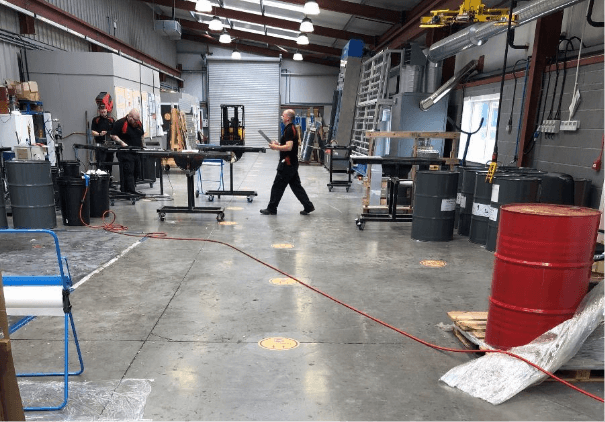
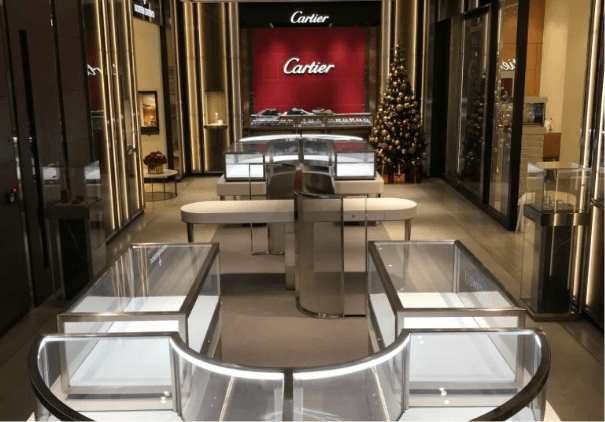
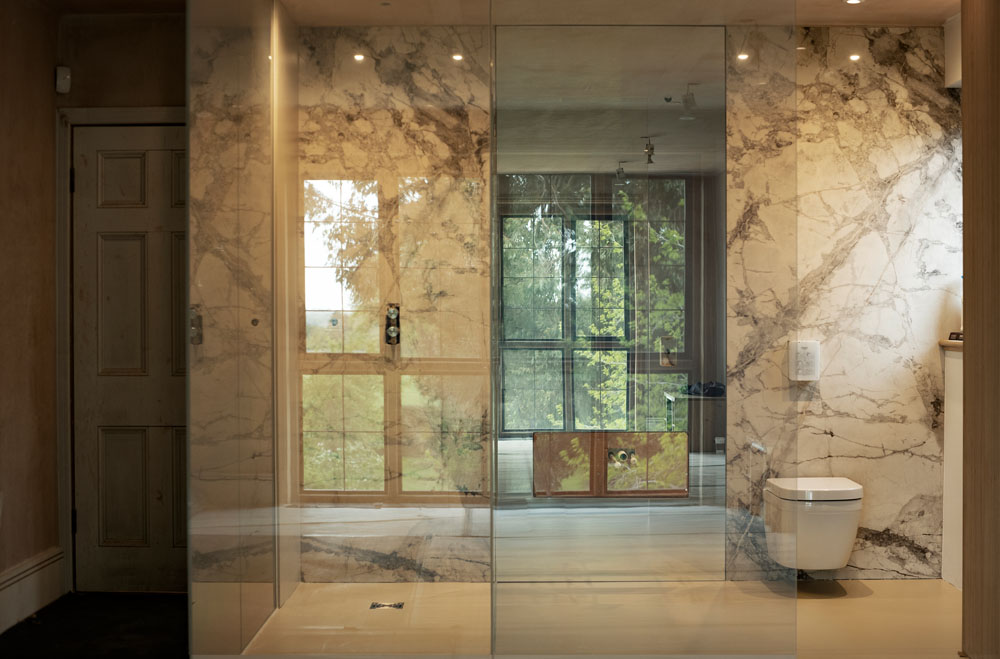
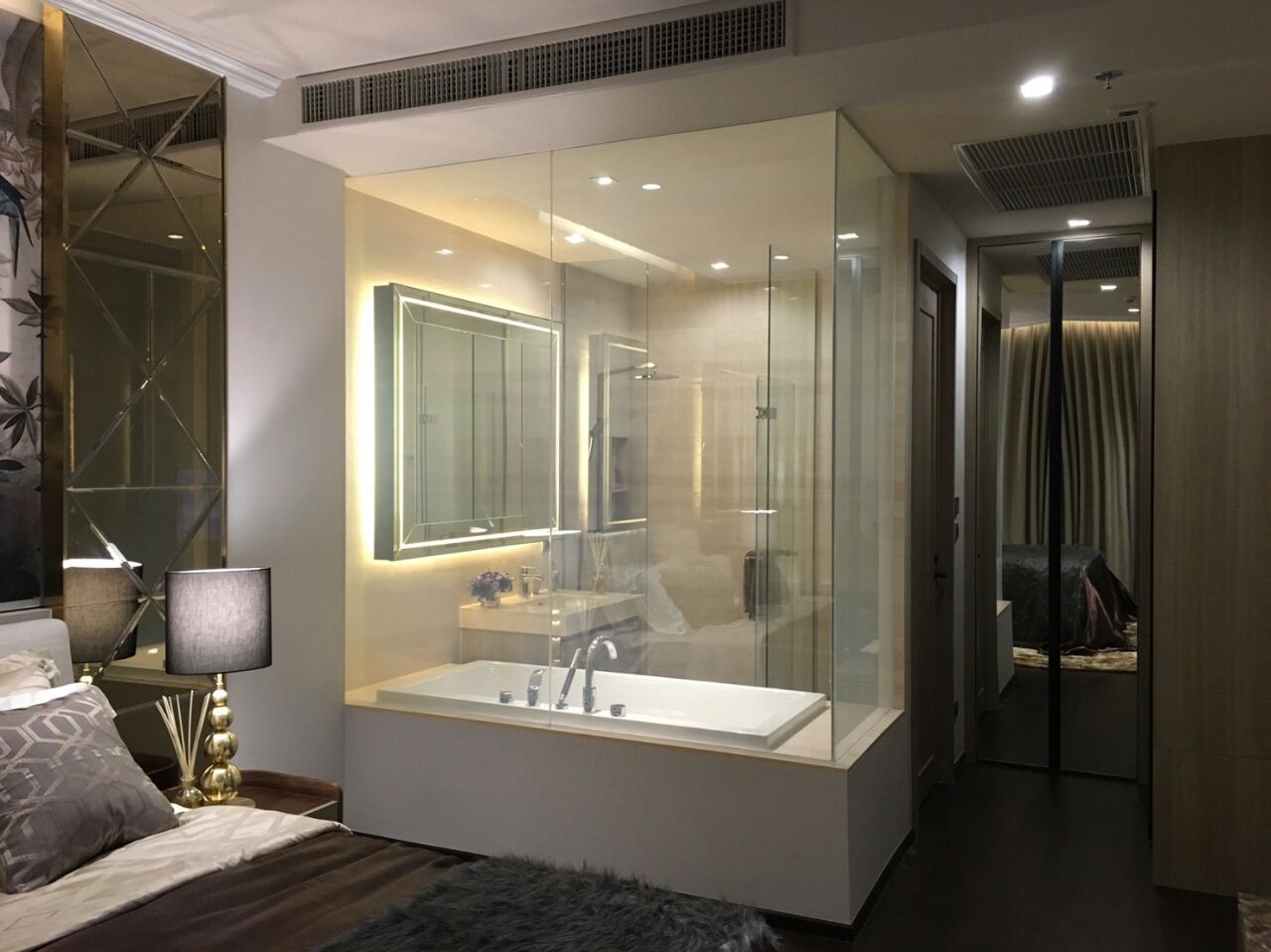
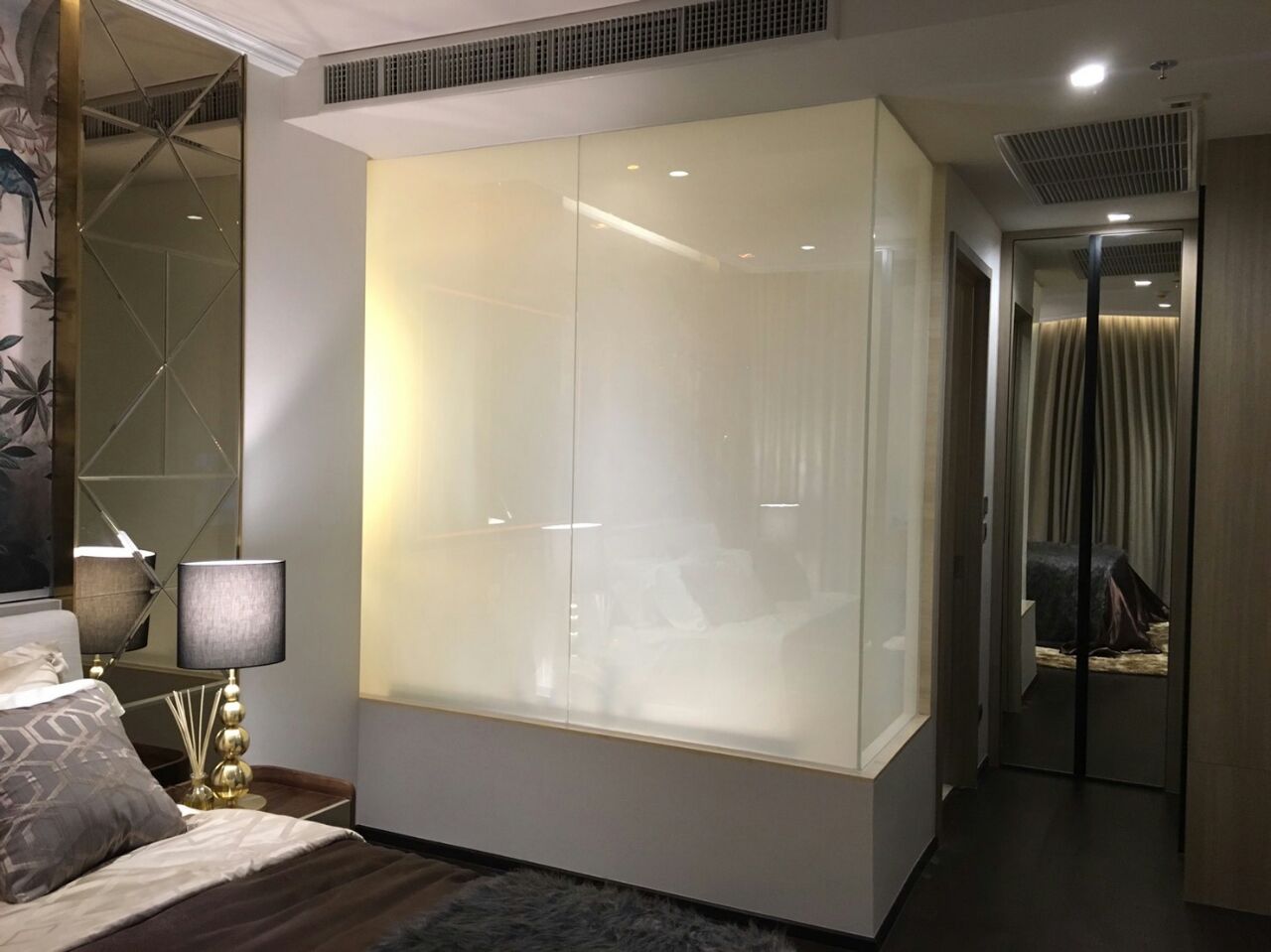
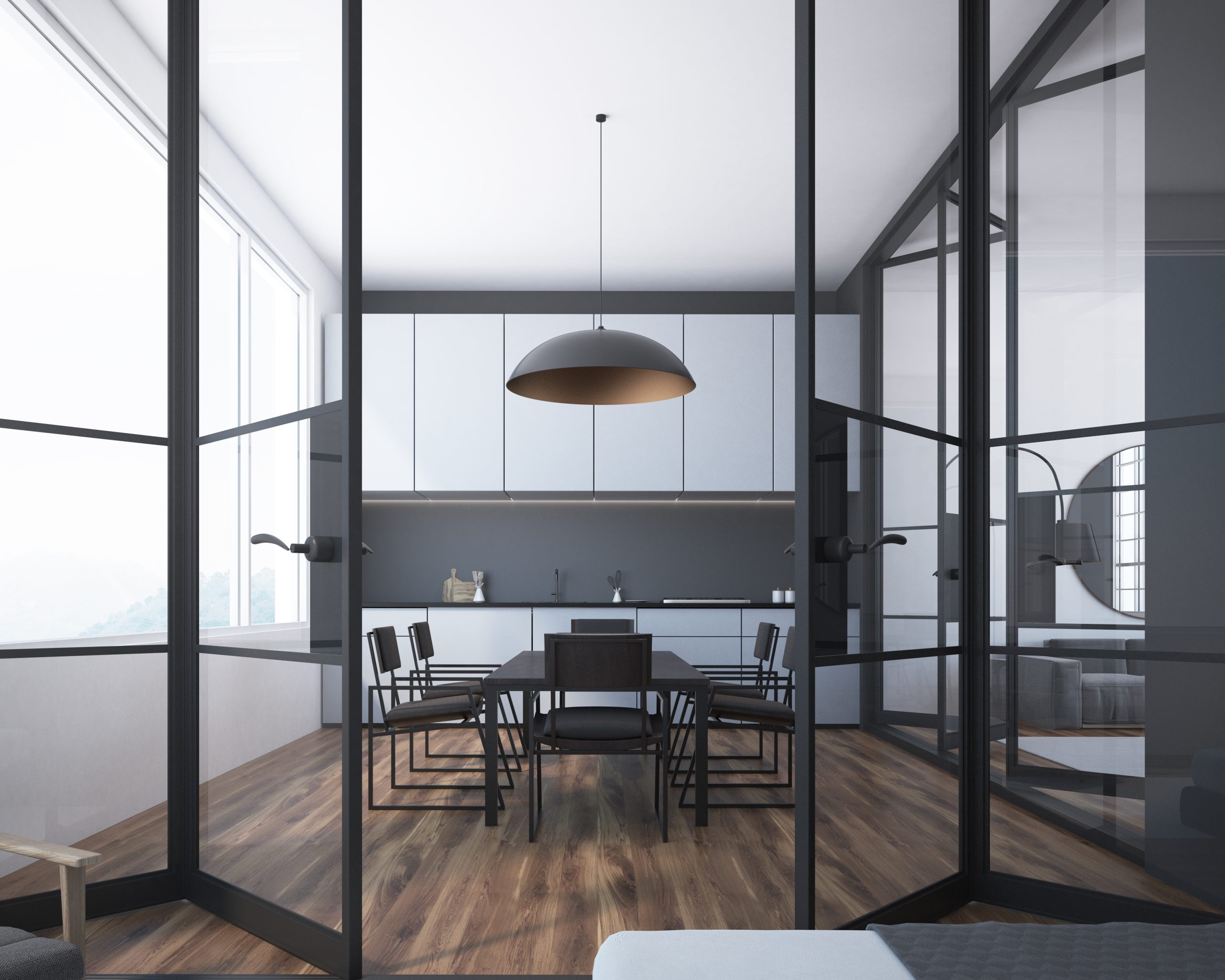
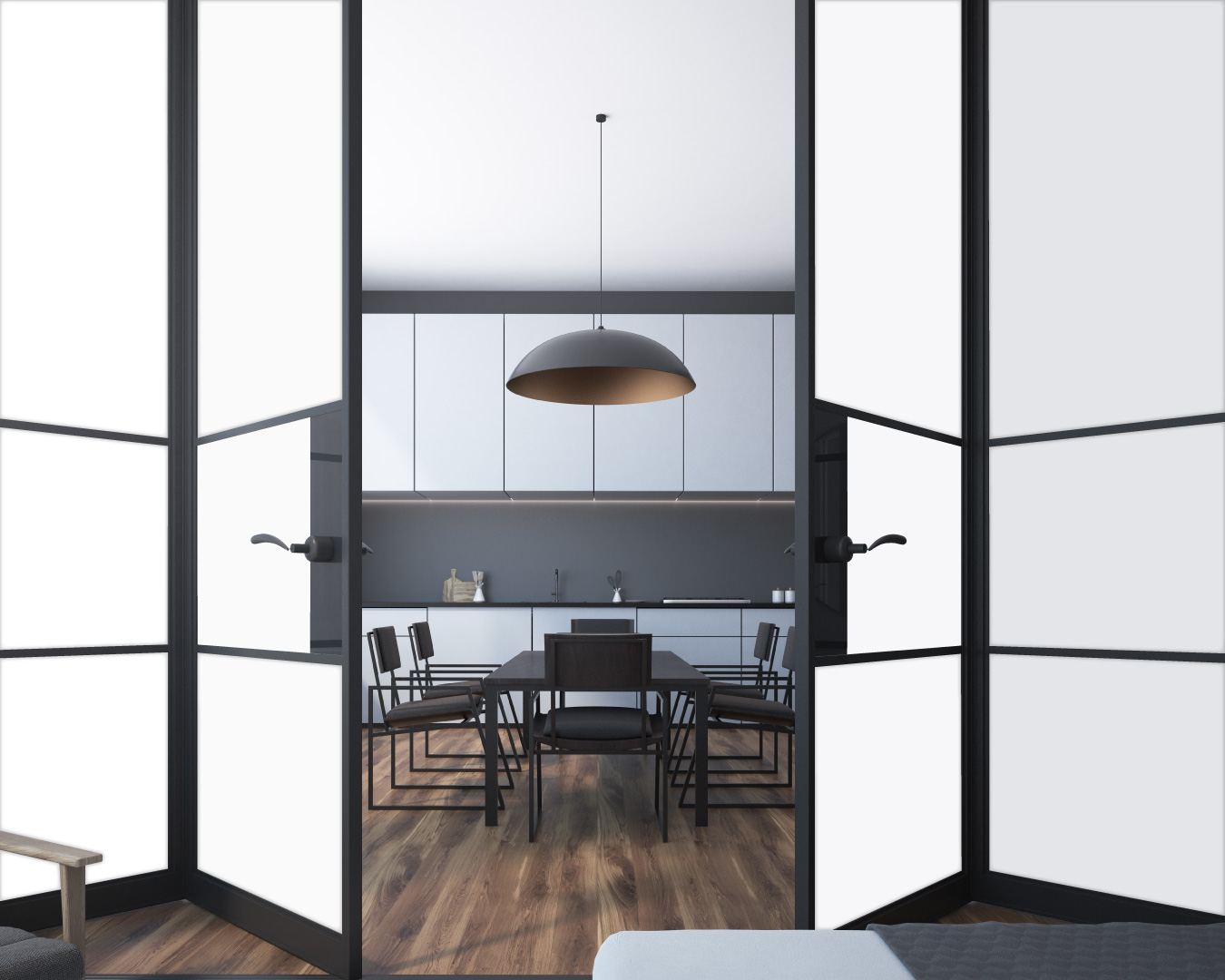
Frequently asked Questions
Our privacy glass works by utilising advanced PDLC (Polymer Dispersed Liquid Crystal) film. When an electrical current is applied, the liquid crystal molecules align, allowing light to pass through, making the glass transparent. When the current is switched off, the molecules mis-align, causing the glass to turn opaque or translucent, providing privacy.
The cost can vary depending on factors like size, type of glass, and installation complexity. On average, expect a higher cost compared to traditional glass due to the technology involved.
Yes, smart glass can be retrofitted, but it's recommended to consult with experts to ensure proper installation and compatibility with existing structures.
Smart glass changes transparency through an electric current that alters the alignment of particles, making the glass go from transparent to opaque.
Absolutely, smart glass can be used for bathroom applications, such as shower enclosures or mirrors, offering both functionality and style.
Smart glass offers customisable privacy options. It can be switched between transparent, translucent, and opaque modes, giving users control over their privacy preferences.



